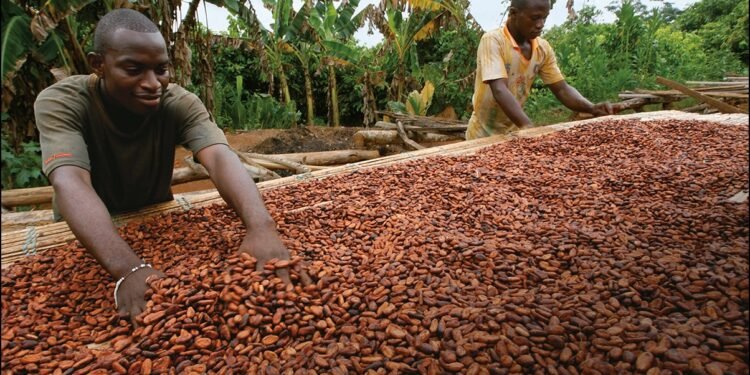Economist Intelligence Unit (EIU) has predicted flagbearer of the National Democratic Congress (NDC), John Dramani Mahama, as winner of the 2024 general elections.
According to the group, numerous major African countries will hold presidential and legislative elections in 2024, including Algeria, Botswana, Ghana, Mauritius, Mozambique, Namibia, Rwanda, South Africa and Tunisia.
It revealed that incumbent regimes are expected to prevail in most of the elections, although there is a heightened risk of reduced parliamentary majorities and much more challenging governing conditions.
EIU revealed that in some states, anti-incumbency sentiment and widespread discontent with the performance of current governments will prompt a transfer of power to the opposition.
“Ghana is likely to experience a transfer of power from the ruling New Patriotic Party to the opposition National Democratic Congress, largely driven by declining living standards, limited job opportunities and poor public services. An ongoing authoritarian crackdown in Tunisia will see the incumbent win a carefully managed presidential election in 2024, prompting further civil unrest.”
Economist Intelligence Unit
In the case of DRC, Egypt and Madagascar, EIU stated that they will hold presidential elections in late 2023, and political tensions will carry over into early 2024 as results filter through. It noted that heightened political tensions will increase the risk of civil unrest, especially in Algeria, the DRC, Egypt, Ghana, Madagascar, South Africa and Tunisia.
Contained in its 2024 outlook on Africa, EIU indicated that Africa nations will feel the financial squeeze created by excessive debt and a heavy debt-repayment burden in 2024. This, it explained, will weigh on economic growth and stability in some countries.
Additionally, it underscored that the financial pressure created by elevated external debt has been compounded by the fallout from multiple external shocks in recent years, including the covid-19 pandemic, Russia’s invasion of Ukraine and adverse weather conditions linked to global climate change.
Despite the challeges within economies, EIU expressed optimism in countries such as Ghana negotiating for some debt reliefs.
“Countries will be hesitant about embarking on a debt restructuring unless absolutely necessary, but we do expect negotiations in Ethiopia, Ghana, Malawi, Mozambique, Somalia, Sudan and Zimbabwe. The outcome of negotiations is highly uncertain— Chinese official lenders will be loath to take a haircut on their financial assets or implement debt forgiveness that makes default and excessive risk taking more attractive—and progress will be slow and patchy. However, financial pragmatism and realpolitik could see some form of debt restructuring for these countries in 2024.”
Economic Intelligence Unit
Inflation in Ghana to run ‘strong’ in 2024
With respect to inflationary pressures, EIU highlighted that they are expected to ease across Africa from the more elevated levels recorded in 2023 for all.
Nonetheless, it noted that a small handful of African countries—namely Angola, Seychelles, Sudan and Tanzania, where country-specific factors will push up consumer price inflation.
“An easing of consumer price pressures will be a welcome relief for policymakers and households. However, inflation will run strong into 2024 and remain a central story for several large economies, including Angola, the DRC, Egypt, Ethiopia, Ghana, Nigeria, Sudan and Zimbabwe. These countries will continue to suffer the economic instability generated by another year of double-digit consumer price inflation, largely driven by elevated oil prices.”
Economic Intelligence Unit
Moreover, EIU forecasted that currency depreciation against the US dollar across much of Africa in 2024, although adjustments are expected to be less severe than those recorded in 2023.
Elsewhere, it stated that double-digit currency depreciation is anticipated in the major economies of Egypt, Sudan, Ethiopia, Angola and Nigeria.
In Nigeria, EIU reckoned that an unsupportive monetary policy implies that the naira will remain under pressure, while the central bank lacks the firepower to adequately supply the market or clear a backlog of foreign- exchange orders, which will keep foreign investors unnerved.
READ ALSO: Food Security In Ghana Under Threat























